Society

A migrant at work in the countryside of Calabria in southern Italy | Independent Photo Agency Srl / Alamy Stock Photo
The country’s scheme to regularise the status of its undocumented migrant workers, prompted by the pandemic, has been a failure. Here’s why
At the outbreak of the COVID-19 pandemic, many European countries decided that regularisation of undocumented migrants was important. Not only to protect migrants' rights but also to support host societies and avoid labour shortages in some key sectors, such as agri-food.
Italy, despite its restrictive migration policies, was quick to act on this. But what the country offered was significantly lacking and did not include many migrants in need of regularisation.
In fact, the country's plan for regularisation has failed and revealed how such measures - temporary, selective, emergency-based and excessively bureaucratic - cannot be the solution. Especially when it comes to addressing the exploitation of migrant workers.
What is needed instead are initiatives carefully designed to provide migrants with solid, long-term access to rights, employment and community participation; in other words, solutions that go beyond mere survival.
Limited solutions
The Italian regularisation scheme, adopted in May 2020, applied only to the agri-food, care and domestic work sectors. The aim was to cover all those doing undeclared work, not only undocumented migrants but also documented migrants (EU and non-EU) and Italian citizens.
It was clear from the outset that the plan had significant inadequacies that would affect its impact, resulting in a limited number of regularised migrants, including among farmworkers.
The plan overlooked sectors such as logistics, construction, tourism and food services, all of which have high rates of undeclared work, including by migrants in irregular and exploitative conditions. This decision clearly highlighted the utilitarian and emergency logic behind the scheme.
According to official data, there were 220,528 applications by the deadline (15 August 2020). This is less than a third of the estimated 690,000 undocumented migrants who live in Italy.
Interestingly, 64% of applications in domestic and care work came from male foreign nationals. Given the high percentage of women in this sector, this suggests that the system has been abused. This was confirmed by a report, and our own research, which found that people were paying up to 4,000 euros for fake contracts that let them apply to the regularisation scheme.
In limbo
Other problems include severe delays and bureaucratic obstacles in the processing of applications.
To date, only 12.7% of applications have been processed, and of those only 5% have been issued with residence permits.
Although migrant workers are still allowed to work while awaiting the result of their application, this condition of uncertainty leaves them in a limbo that increases their situation of vulnerability. It has also affected their access to healthcare and COVID vaccinations.
While the number of staff dealing with applications has increased, it is also necessary to provide relevant authorities (such as the police) with clear guidelines on the requirements and procedures to be followed to assess regularisation applications. This would contribute to avoid mistakes and difficulties in the assessment process
What is certain is that these kinds of short-term solutions cannot be the response. It is essential to implement structural interventions that address the factors behind the legal and social vulnerability of migrant workers.
These interventions include establishing safe and regular entry channels, removing the link between residence permit and labour contract, and strengthening wages and labour rights, with special attention to those sectors (such as agri-food and domestic work) that are characterised by high rates of informality and irregularity.
Since the outbreak of the COVID-19 crisis, it has been clear that these essential sectors do not suffer from labour shortages, but from a shortage of rights for workers.
From openDemocracy






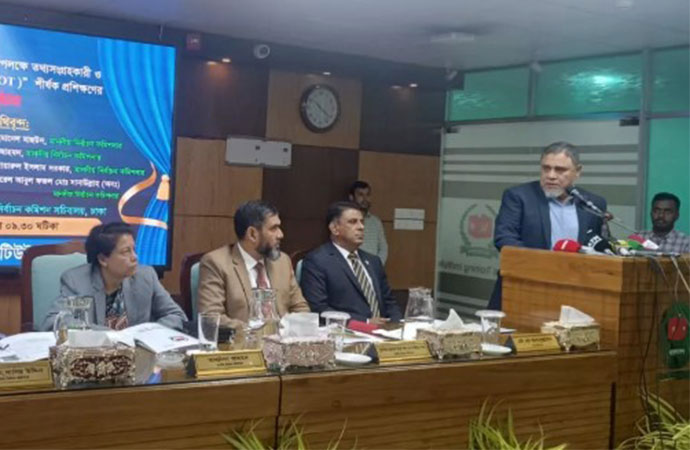
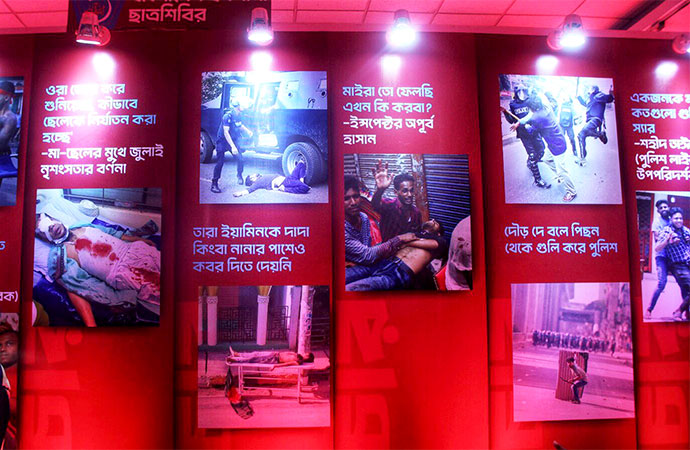



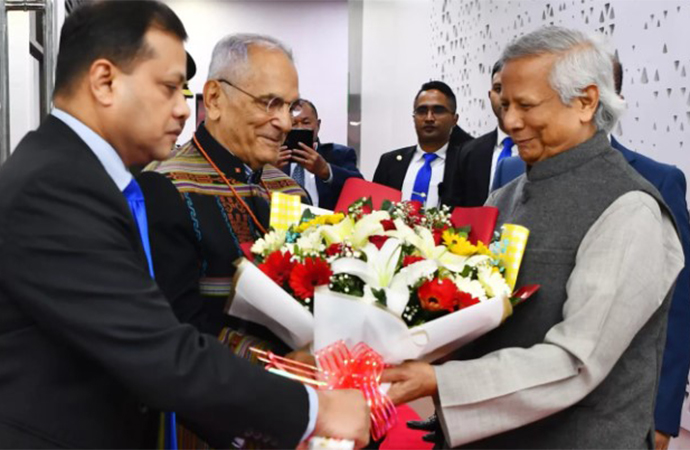
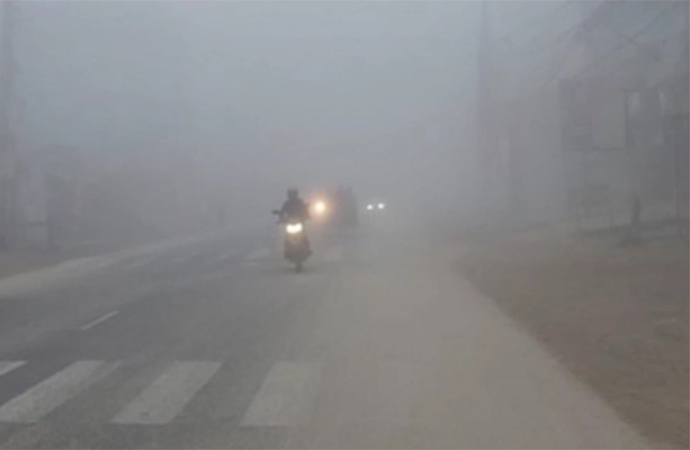






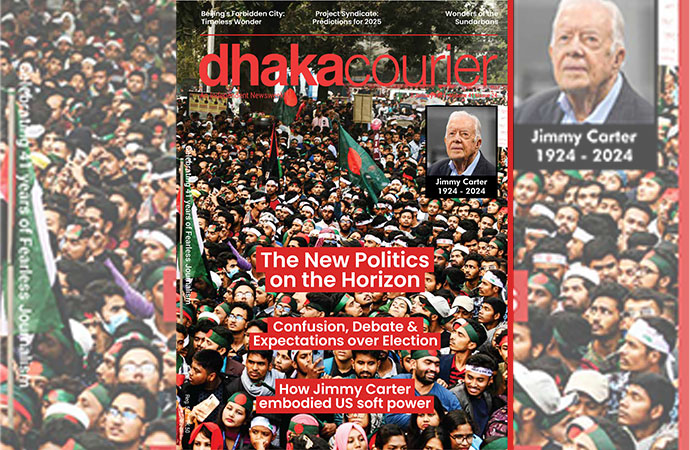





Leave a Comment
Recent Posts
EC will ensure everyone's voti ...
Chief Election Commissioner (CEC) AMM Nasir Uddin on Sunday said the E ...
The Forbidden City: A timeless ...
For foreigners exploring Beijing, the Forbidden City stands as a magni ...
2025: Moin, Mamun elected DCAB president, general se ..
Dhaka's ties with Delhi won’t get stuck on single is ..
Old state, new society
A foreign policy imperative for the year ahead